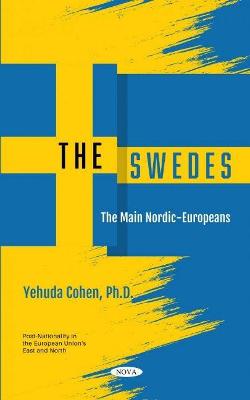The Swedes did not have a real feudal system, since their lands were not fertile enough for the peasants to spare more than a small portion of their crops in order to maintain the wellbeing of the nobility. Swedish peasants were mostly free and, in 1434, gained real political status. In 1471 a dispute occurred in Sweden and peasants and citizens, led by a nobleman from Stockholm named Sten Sture, who desired a separate Swedish state. Sture and his comrades won the battle. Sture became a hero in the Swedish collective memory, ruled Sweden, and fought successfully against the Russians. In 1520 King Christian II of Denmark defeated and killed the Swedish King Sten Sture den Yngre (the Younger) and became king of Sweden, but the Swedish army, led by a nobleman named Gustav Vasa, drove Christian II from Sweden in 1523. At the time, the vast majority of Swedish lands were owned by peasants. Vasa and his descendants, who ruled the country and waged war on the Baltic shores and into European soil, gave the Swedish nobility and wealthy individuals a political status. These kings relied on the multiple wars' outcomes to further their national enterprise and develop a Swedish national identity among strata of the wider population. That spirit of nationality, together with the cherished Swedish values of freedom and enterprise, enabled a successful campaign by King Gustavus Adolphus and his prime minister between 1626 and 1648. Yet after that war, when Sweden was accepted as a major European power, the Swedes understood that their resources would not allow them to play a central role in any future conflict, and they began to pursue a course of neutrality that continued throughout the two World Wars. During the years of Europe's consolidation, the historical lessons learned by the Swedes culminated in a realization that they could not maintain an independent role in European "jungle politics" and that their attempts at neutrality could even prove dangerous. After much hesitation, they jumped into the European "swimming pool" and have remained floating there quite comfortably. The Swedes feel comfortable within the EU and would prefer to stay there in the future, adapting to the notion of a European nationality.
- ISBN10 1536192139
- ISBN13 9781536192131
- Publish Date 1 April 2021
- Publish Status Active
- Publish Country US
- Imprint Nova Science Publishers Inc
- Format Hardcover
- Pages 307
- Language English
